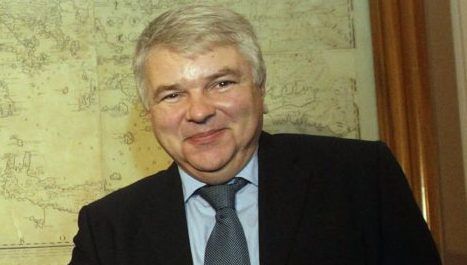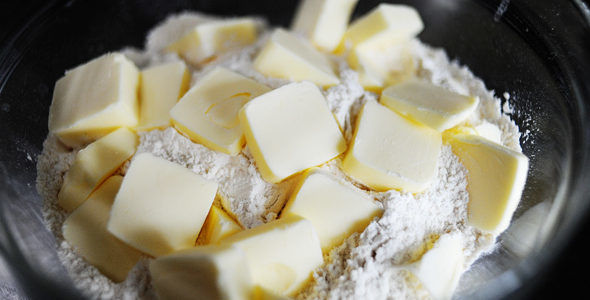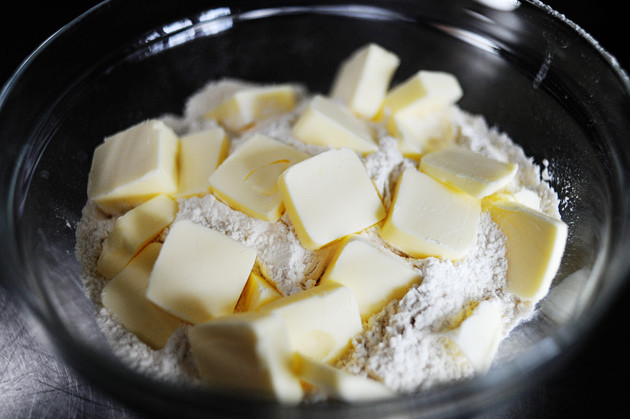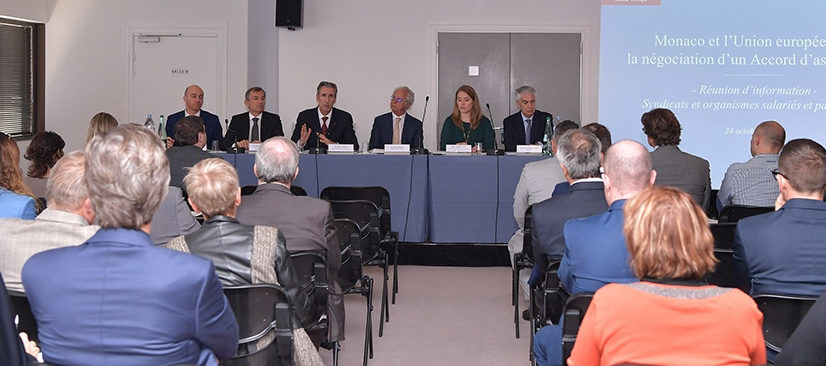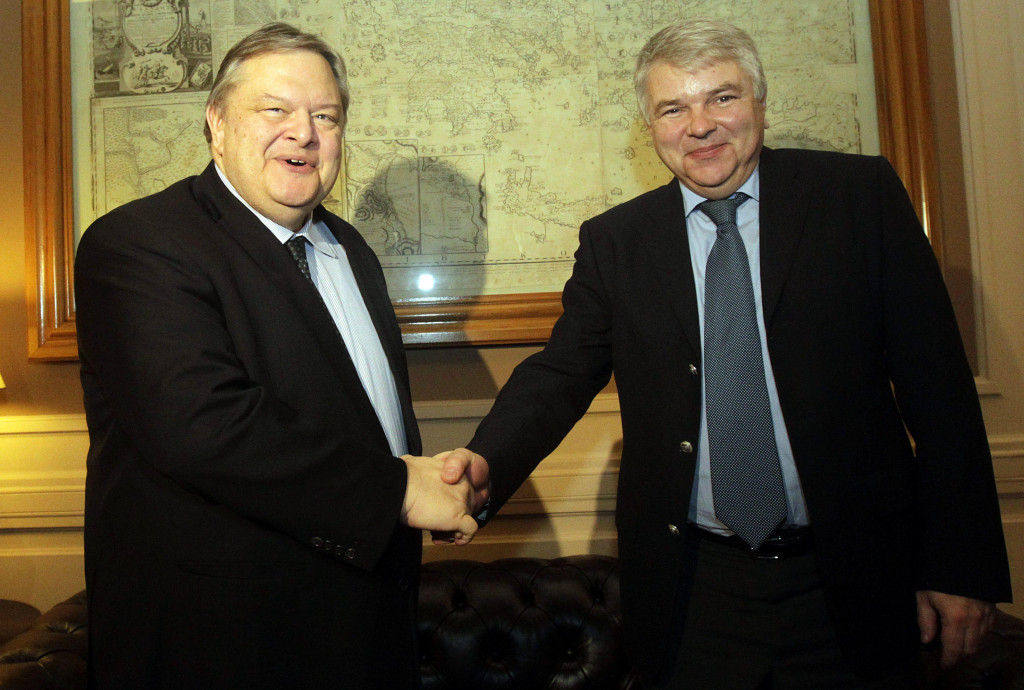
Former Deputy Foreign Minister Aleksey Meshkov was appointed Russia’s Ambassador to France and Monaco by presidential decree on Monday, October 23. The 58-year-old diplomat replaces Aleksandr Orlov.
Mr Meshkov’s diplomatic career began in 1981. He’s fluent in English, Spanish and Italian. The vacant Deputy Foreign Minister’s seat will be taken by Aleksandr Pankin, the current head of the Department of International Organisations at the Foreign Ministry.
Born in 1959 in Moscow, Mr Meshkov’s graduated from the Moscow State Institute of International Relations (MGIMO) at the beginning of the 1980s and started working at the Russian Ministry of Foreign Affairs.
Mr Meshkov is well known in Western diplomatic circles for his outburst last year against a EU ban on issuing visas to Russians living in the Crimea, a move he described as “visa genocide”. He said that Eurocrats were making ordinary Russians hostages to a Western political agenda and claimed the move was a violation of human rights.
He added that European politicians wanted to force Crimeans to have a Ukrainian passport again – claiming the only reason was so citizens could “travel to Brussels”.
